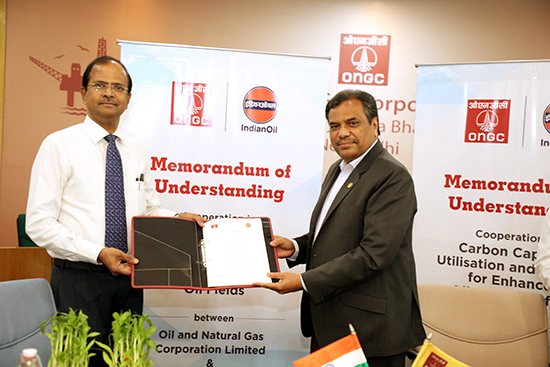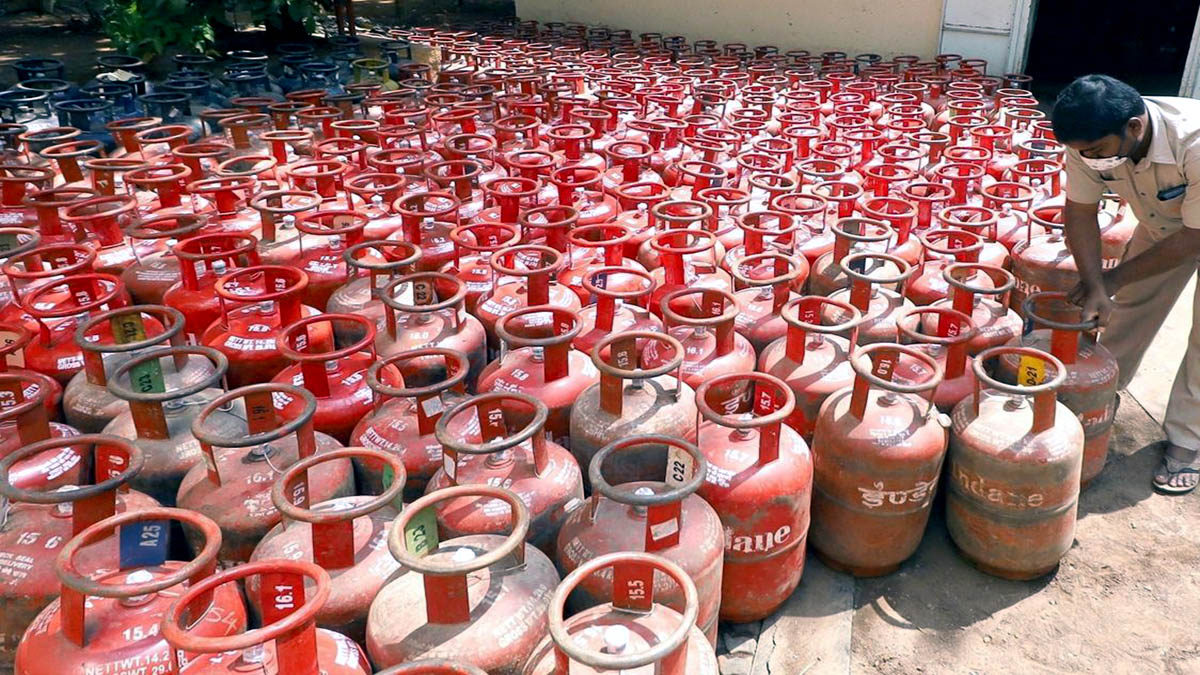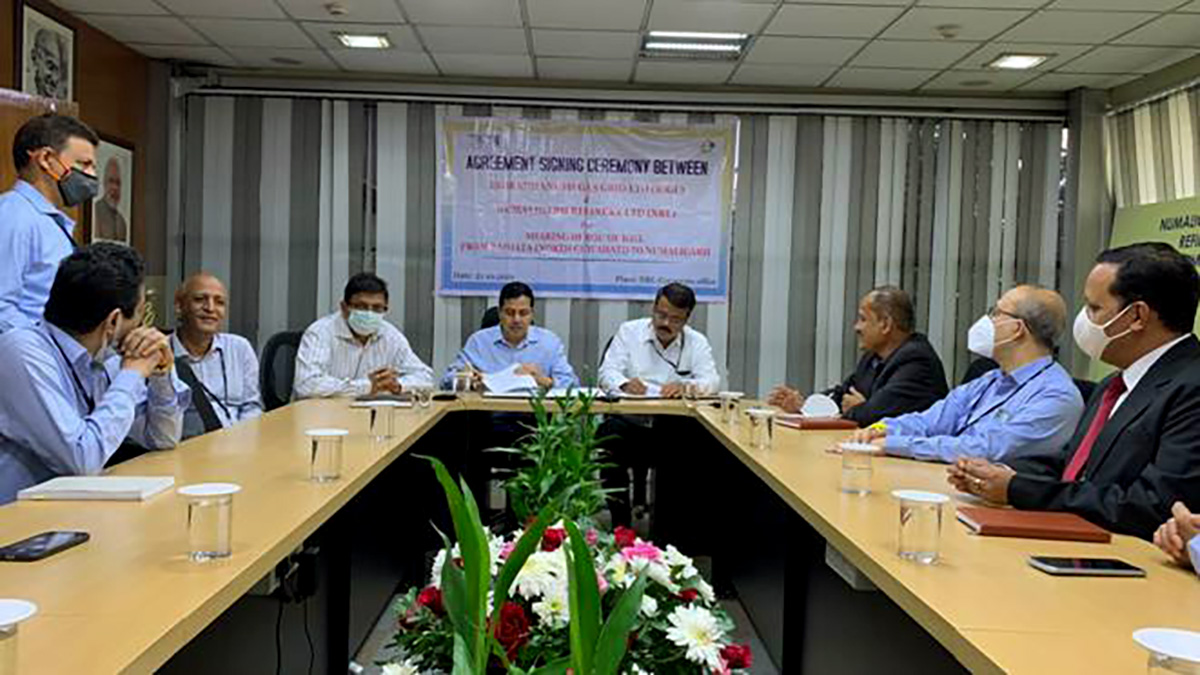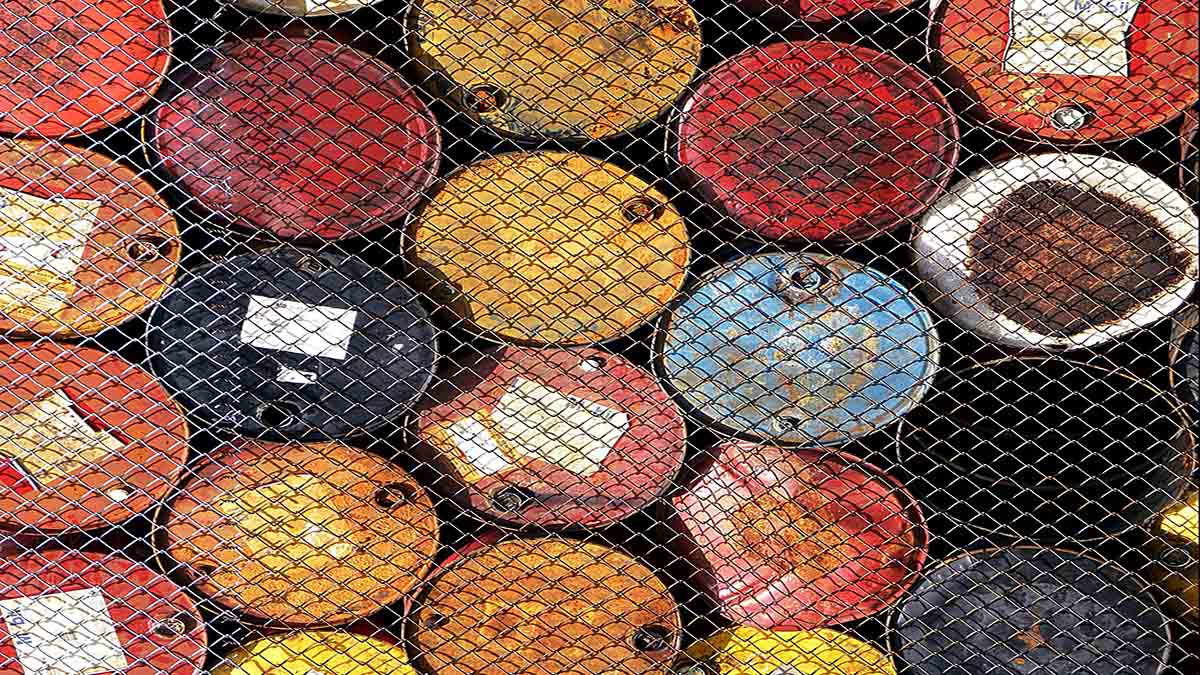Oil and Natural Gas Corporation signed a MoU with Indian Oil Corporation on 1st July 2019 for CO2 based Enhanced Oil Recovery (EOR) by injecting CO2 captured from IOCL’s Koyali refinery. The MOU eyes to reduce India’s carbon emission targets as set forth in COP21, while enhancing production from domestic fields.
It is a landmark event in the history of Indian Hydrocarbon Industry, with two its largest conglomerates agreeing to jointly work on Carbon Capture Utilization and Storage (CCUS). CCUS is known to be a very effective method of EOR globally and is playing an increasingly important role in achieving the mission of carbon neutrality. The idea of the MOU is to replicate the global success story in India.
The MOU will establish a framework for mutually beneficial cooperation in the area of CO2-EOR as a mode of CCUS. The inherent nature of CCUS project mandates bringing aboard various stakeholders at the source and sink end and their synergistic collaboration. The common objective is to address some of the biggest challenges of our country in particular and world at large, namely energy security and climate change.
The collaboration under this MoU focuses on development of CO2 Capture plant at IOCL’s Koyali Refinery with appropriate Carbon capture technology, development of business model, increasing domestic oil production through CO2-EOR in Gandhar field and inclusion of this project as part of national emission curtailment measure aimed at supporting country’s low-carbon development goals.
To replicate the global success story of CO2-EOR from anthropogenic sources in India, the Institute of Reservoir Studies (IRS), ONGC has carried out laboratory and numerical simulation studies for Gandhar field. Technical feasibility of CO2-EOR has been established, and is indicative of incremental oil recovery of around 10 per cent.
The project will add up a new dimension towards national vision of CCUS and will infuse a new life to the depleted matured oil fields of ONGC. The learning curve from this endeavour shall create a knowledge base to further expand deployment of CCUS in India. The success of CCUS in India will not only increase domestic oil production, but also cater to address India’s Nationally Determined Contributions of reducing the emission intensity of GDP by 33-35 per cent by 2030, as per Paris agreement.













